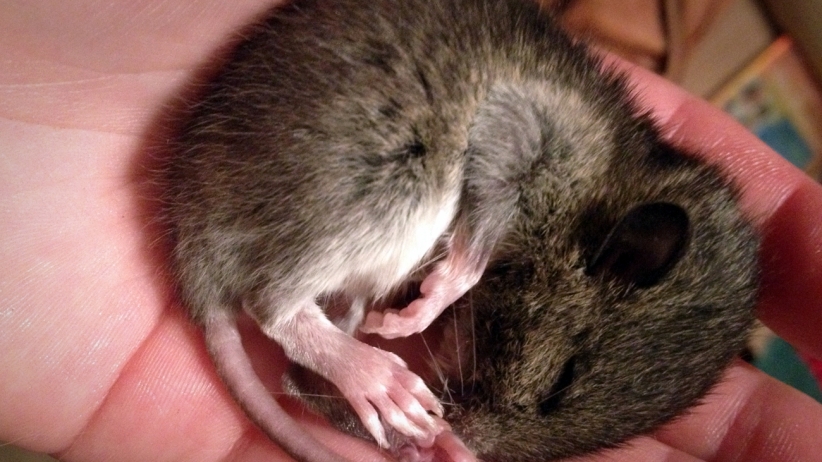-
Tips for becoming a good boxer - November 6, 2020
-
7 expert tips for making your hens night a memorable one - November 6, 2020
-
5 reasons to host your Christmas party on a cruise boat - November 6, 2020
-
What to do when you’re charged with a crime - November 6, 2020
-
Should you get one or multiple dogs? Here’s all you need to know - November 3, 2020
-
A Guide: How to Build Your Very Own Magic Mirror - February 14, 2019
-
Our Top Inspirational Baseball Stars - November 24, 2018
-
Five Tech Tools That Will Help You Turn Your Blog into a Business - November 24, 2018
-
How to Indulge on Vacation without Expanding Your Waist - November 9, 2018
-
5 Strategies for Businesses to Appeal to Today’s Increasingly Mobile-Crazed Customers - November 9, 2018
Rats dream and wander in ‘Food’ land during sleep | NY City News
That may not sound like much, but neuroscientist Hugo Spiers, a co-author on the study published in eLife, says it’s a significant amount of activity for the brain to devote to a single task during rest.
Advertisement
Researchers at the University College London have discovered that besides being big fans of cheese and having keen noses rats can dream. Additionally, the experiment also proves that imagining the future is not a uniquely human ability. After animals slept, they were put back in the track and we’re allowed free reign of the space.
The study may help explain why some people with damage to a region of the brain called the hippocampus are unable to imagine the future.
Just as humans do, rats were found to store mental maps of the environments they roam in their hippocampi.
Spiers continued: “Whether or not rats experience this brain activity as dreams is still unclear, as we would need to ask them to be sure!” The research can also help explain why human patients with damage to the hippocampus often have difficulty envisaging the future. While conducting some tests on the fuzzy rodents, the researchers learned that rats that were shown some food and put in an environment that prevented them from reaching it, would dream of various ways in which they could get access to the food after falling asleep.
In the experiment, four rats were allowed to run along a T-junction track and see food being placed in an inaccessible arm.
After trying and failing to reach the food, the subjects were moved in a sleeping chamber for about an hour.
Spiers added that it’s not sure whether the brain activity really manifests as dreams, though while it is at rest, the hippocampus “also constructs fragments” of a future that’s yet to happen.
Co-leader Dr. Freyja Ólafsdóttir, mentioned that the real interesting part of the brain is that, hippocampus and is normally thought as very important part of memory and stores each detail about the places that you’ve visited.
This mental mapping process made up about 8 percent of the rats’ brain activity during sleep. This hippocampus helped them plan for their future journeys that led them to their food. Cells representing the empty arm were not activated in this way.
Advertisement
But an author of the study said, “What we don’t know at the moment is what these neural simulations are actually for”. So far, the team believes it’s a way of evaluating which is the best option that will end in reward – it’s a way of thinking it through, as it would be for humans.




























